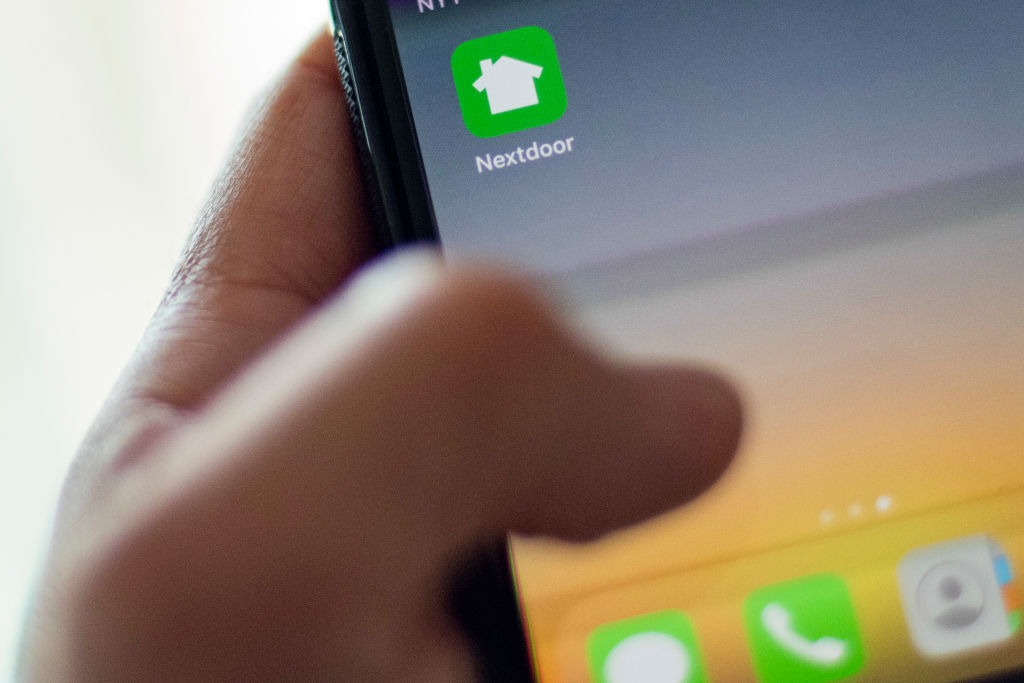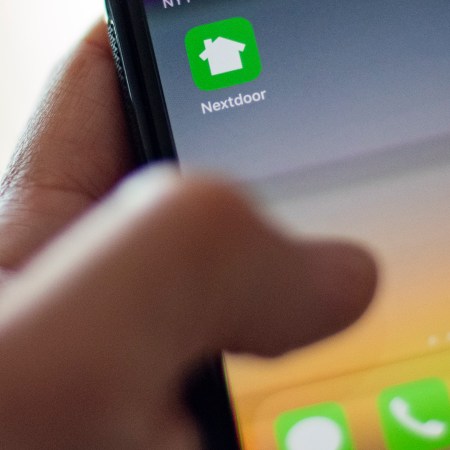What happens when complaining to (or about) your neighbors turns into something that involves law enforcement? Nextdoor, a popular app that a 2019 Recode article cited as part of a wave of “fear-based social media,” has offered users the ability to forward posts to the local police. Given that the country is presently in the midst of a shift in perceptions about the role of the police in society, one can see how this feature might look problematic, to say the least. Factor in Nextdoor’s own issues with race, and you have something even bigger potentially brewing.
All of this, then, makes the news that Nextdoor has eliminated the “Forward to Police” feature. According to an article by Sarah Holder at Bloomberg CityLab, the tech company notified the Minneapolis Police Department on June 12, with the feature slated for removal 5 days later. What, exactly, did the feature do? Holder explains it here:
Nextdoor’s Forward to Police feature was introduced in 2016, designed to allow users to re-send posts they wrote to participating law enforcement agencies that had official accounts on the platform. Because police officers can’t view private neighborhood groups, Forward to Police offered departments a way to field neighborhood complaints directly, without monitoring every post like a blotter.
In a blog post announcing the feature’s removal, Nextdoor explained that the decision was made for multiple reasons:
As part of our anti-racism work and our efforts to make Nextdoor a place where all neighbors feel welcome, we have been examining all aspects of our product. After speaking with members and public agency partners, it is clear that the Forward to Police feature does not meet the needs of our members and only a small percentage of law enforcement agencies chose to use the tool.
It’s a quiet end for a controversial feature — but it seems like a wise decision for both moral and practical reasons.
Subscribe here for our free daily newsletter.
Thanks for reading InsideHook. Sign up for our daily newsletter and be in the know.
















